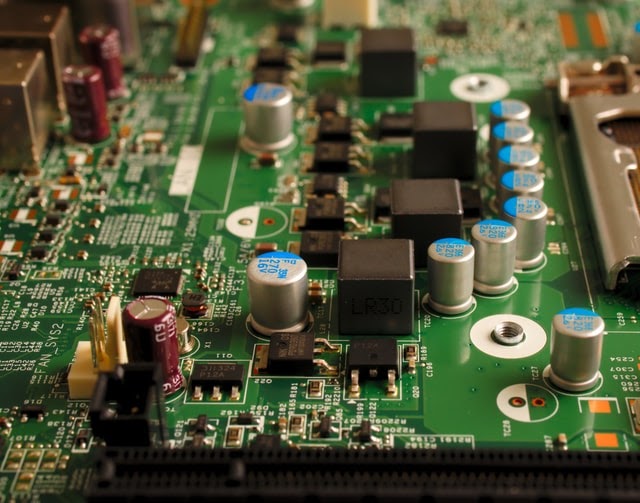Amidst the raging global chip shortage, German engineering group Bosch shocked the world by remarking that the semiconductor supply chains are no longer fit for the automotive industry. Talking about the increasing demand for chips, Bosch’s Harald Kroeger told CNBC, “We need to ramp up supplies so we can fulfil that demand.”
The modern world relies on silicon chips for almost everything. However, the supply chain is hit by a massive shortage of semiconductor chips worldwide. The global lack of chips can be attributed to excessive demand in the market, which has arisen out of unavoidable circumstances generated due to the pandemic.
The automotive industry especially, remains one of the most hard-hit sectors with negligible demand during the pandemic lockdown and the inability to roll out stocks due to the global chip shortage in the post-COVID scenario. The situation has birthed concerns over the supply chain at the forefront of the industry; the need to diversify the supply chain, scale up production and maintain a good buffer.
In their quarterly analysts, Maruti Suzuki revealed that the company faced supply-side issues during the shortage and aligned production to tide over the problems created. Similarly, Harald Kroeger, a member of Bosch’s management board, spoke about the company’s supply chains buckling under the surged demand for chips.
The surge caused several essential semiconductor manufacturing sites to halt their production. Additionally, natural disasters caused more harm. For instance, Texas’ NXP Semiconductor underwent blackouts due to a storm, and fire harmed Japan’s Renesas plant.
Leading companies, including Volkswagen and BMW, cut their production as they struggled to get the foundational chips for the car mechanics. Toyota is cutting 40% off from its September production by producing 140,000 fewer cars and trucks because of chip resources.
Kroger believes these companies and semiconductor suppliers should now focus on figuring out ways to improve the chip supply chain. He is certain that the demand for semiconductors will only increase with the rise of EVs and AVs. To put this into perspective, according to UBS analyst François-Xavier Bouvignies, while cars with internal combustion engines typically use around $80 worth of semiconductors, EVs use $550 worth. In addition, according to The Week, while the average PV inventory at dealers was around 30-35 days at the end of July, the waiting time for some of the popular models in the market exceeds three months.
Given this, the need of the hour is to brainstorm ways to get longer lead times for future operations. For Kroger, it is essential to acquire more stock on parts of the supply chain, i.e., since it is impossible to run a system on weekly orders when it takes six months to produce some of the semiconductor chips.
Over the past two years, Bosch has built a semiconductor plant in Dresden, Germany, that started production last month. The primary focus of the plant is building chips for the automotive industry. “It is a milestone on the path to the chip factory of the future: at the new Bosch semiconductor fab in Dresden, silicon wafers are passing through the fully automated fabrication process for the first time,” Bosch’s website stated. In addition, companies like Intel and TMSC are also on their way to building factories to boost chip production. Also, rebuilding supply networks is the core principle of efficiency and resiliency to remain viable in the automotive industry.
A reccurring issue with the global supply chain is that it is governed in a cost-effective yet ultimately brittle diamond-shaped structure. Essentially, vehicle manufacturers are entirely at the mercy of Tier 1 component integrators supplied by a small number of global semiconductor providers. In addition, most OEMs have yet to adopt systems that enable real-time exchange of information with the suppliers, causing planning fluctuations at the sub-tier level in response to a shift in consumer demand; or the bullwhip effect.
To overcome this issue, OEM manufacturers have started to share long and short term forecasts with suppliers to help them model their capacity and identify constraints early. They are attempting to ensure that the supply chain is synchronised with demand signals to stabilise variability in demand and meet supply requirements.
Pallavi Bhati, a senior analyst at India Ratings and Research, said that over 2022, the domestic auto sector could continue to face supply chain headwinds owing to the chip shortage and is likely to curtail the sales growth for the auto industry.





















































































